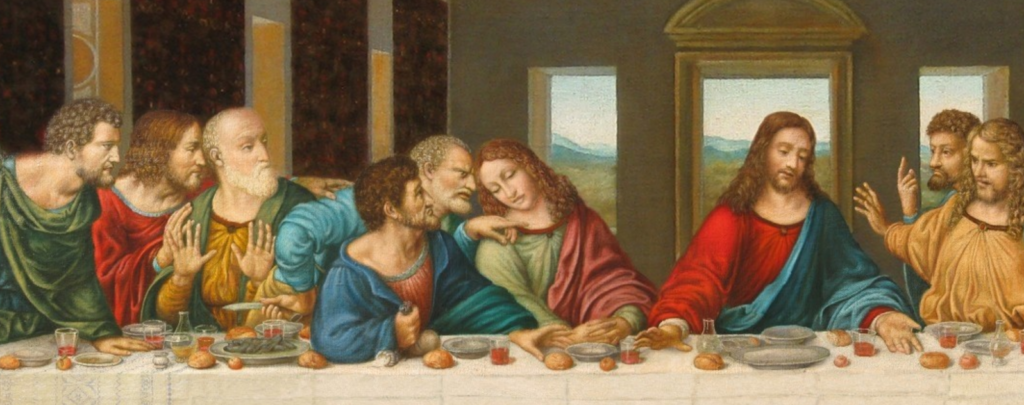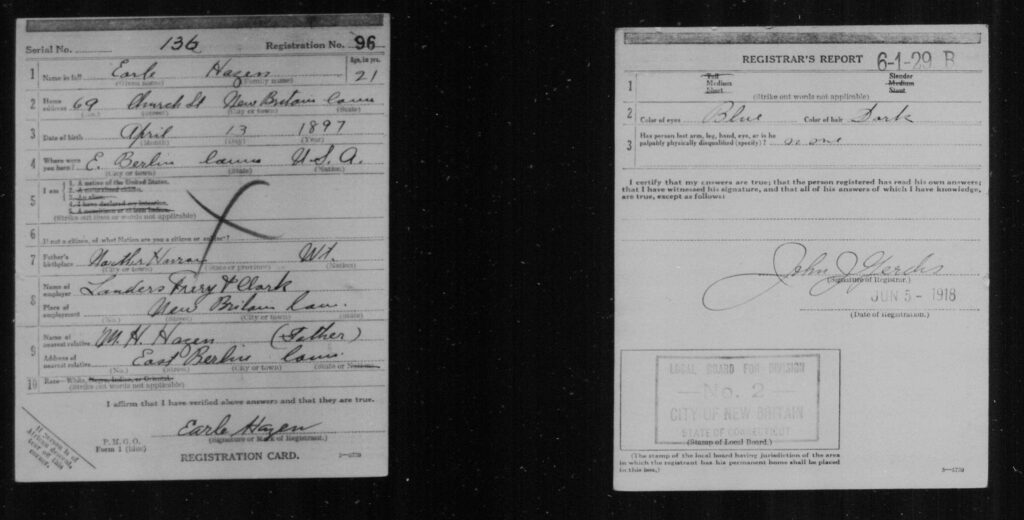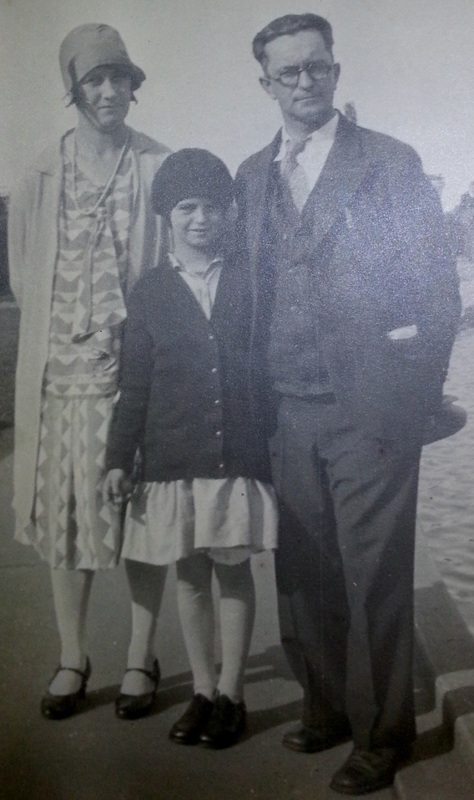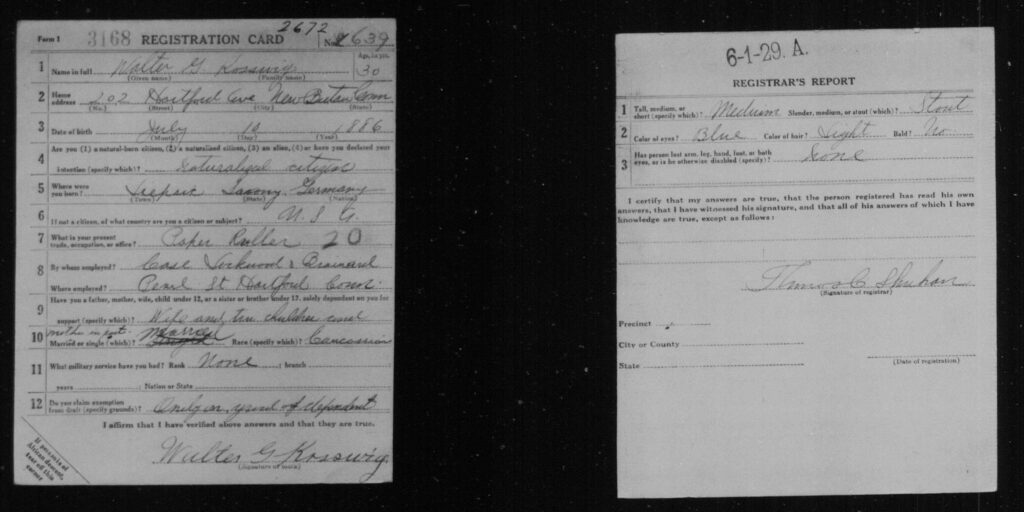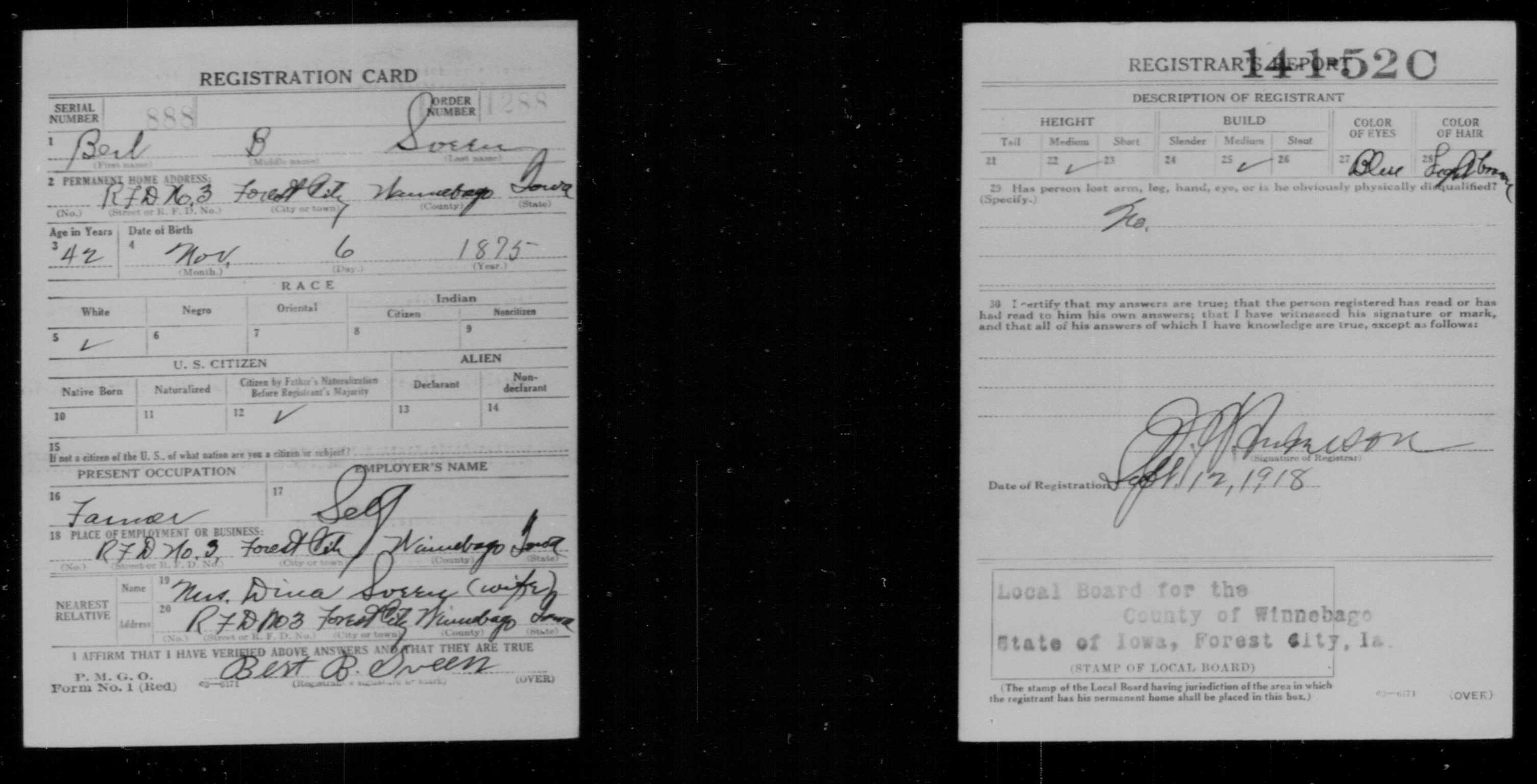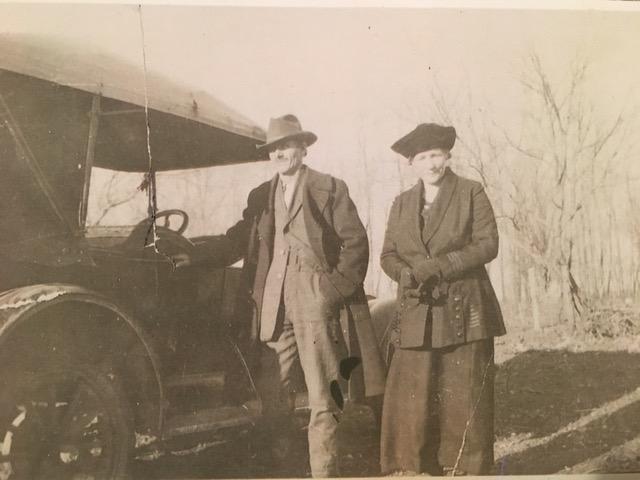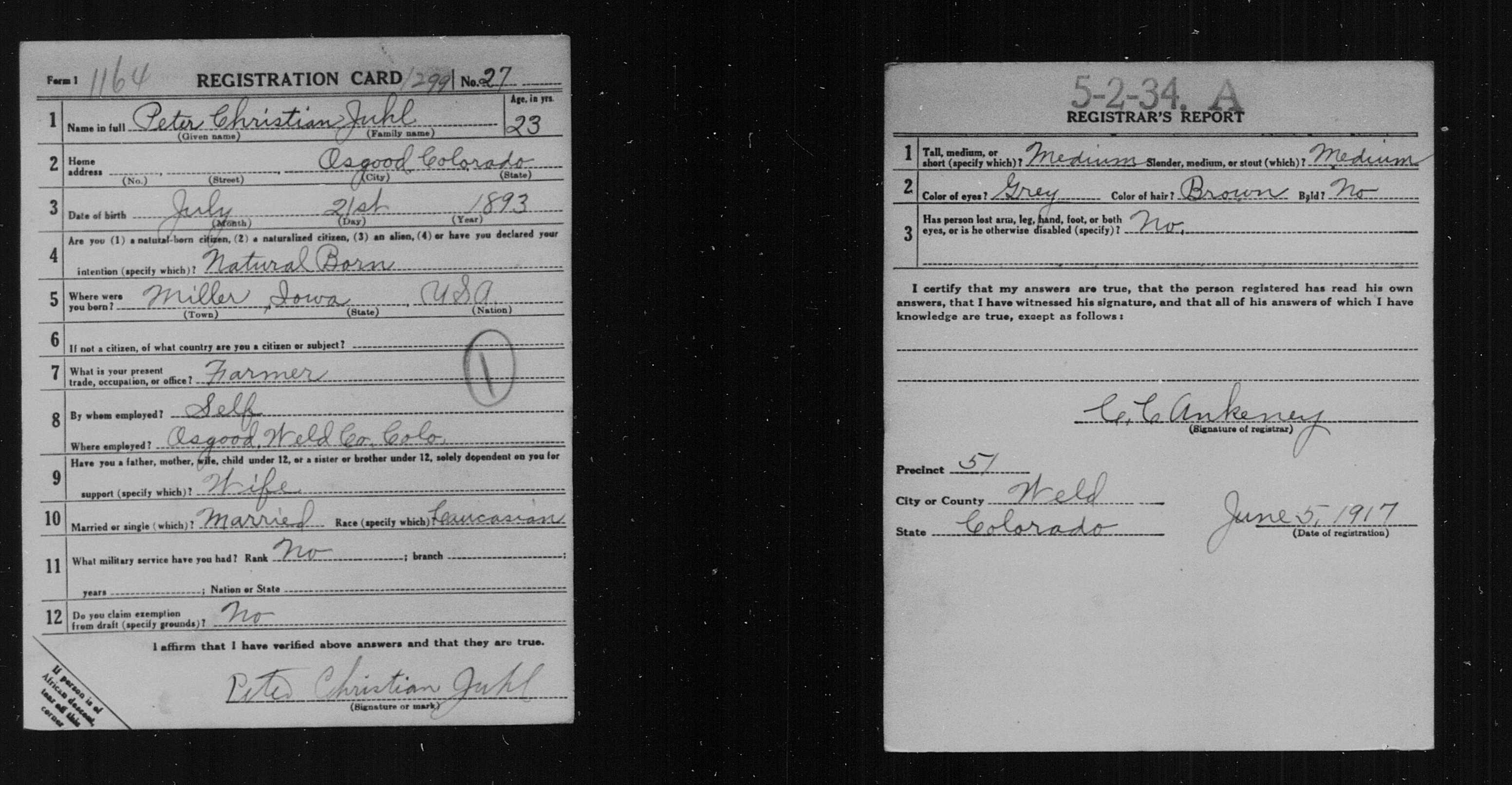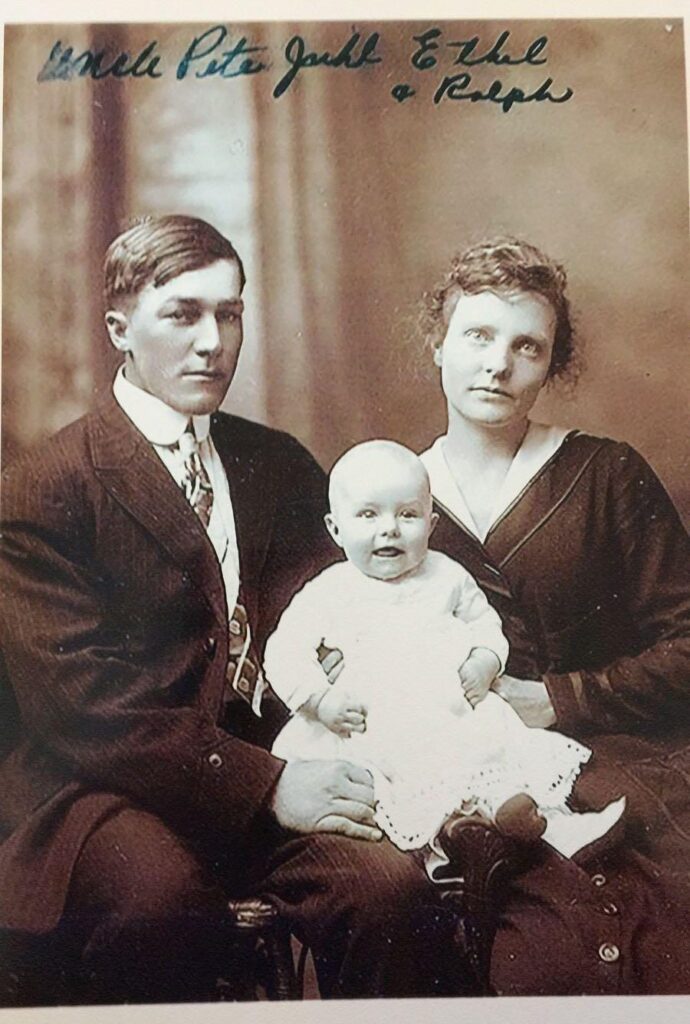Losing a pair of gloves I felt particular attached to, I decided I’d be willing to retrace my steps around town. Chances were fair that I could find the missing gloves, as I had in similar cases before. I was committed. I figured the had fallen out of my pocket while I was cruising along on the bicycle.
The glove search failed.
But unexpected good thing have a way of showing up, springing from the bad. I decided to make the best of this perhaps-several-hours-long commitment to carefully and slowly retrace all my steps by listening to a podcast along the way, so as “not to waste the time.” This is how I justified the search to myself. I am not in the habit of listening to earphones in public these days, so this was a conscious decision.
I googled around for a podcast that would make my time worth it. Something new. I came to the BBC podcasts page. The top one I saw was called “End of Days.” I said, Okay, yes, this’ll do. I don’t even have a good working pair of earphones anymore. I have a few freebies from airlines. Only one earphone worked.
Gone forever though the gloves may be, those gloves did give me a final gift, one arguably even better than hand warmth, as without losing them, I’d never have come to hear this really excellent “BBC Five Live” podcast. It’s less about the 1993 Waco incident, more about the personalities involved, a retrospective after 25 years. About 4.5 to 5.0 hours of total listening time; eight episodes. Some impressions and reactions follow in this post. First personal re:Waco, then a long review of the podcast’s contents, then a brief final thought on cults as I encountered them in my years in Korea.
Continue reading “Post-387: A BBC podcast on the Waco 1993, Koresh cult story; podcast review and thoughts on Waco’s place in history”
